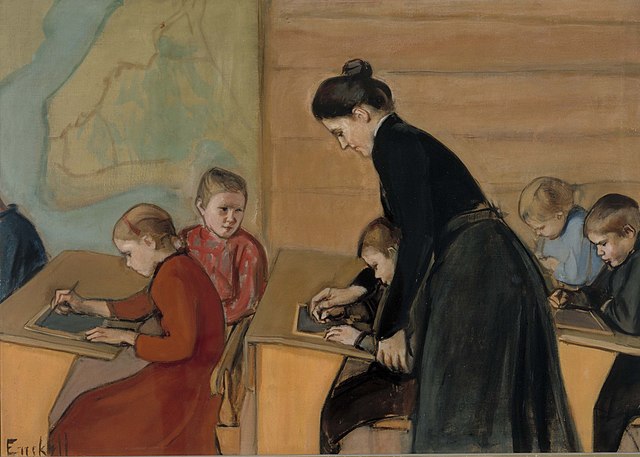
Quote, Summary, and Paraphrase I
Students may need help from our library staff to better understand how to avoid plagiarism. Before they submit research papers and other academic writings to the Turnitin program for detecting plagiarism, it may save time if they are already aware of how to avoid a problem. To offer some tips and ideas about how to sidestep this issue, we may ask students:
Are you sure about the differences between quoting, summarizing, and paraphrasing?
If the students reply that they are not sure, we might begin by explaining that these are three separate things that are used in research papers to show that our work is based on other sources. By quoting, paraphrasing, and summarizing we let the reader know that we are aware of previous research, and we do not think we are the first to deal with such a subject. The difference between a quote, summary, and paraphrase has to do with how close we copy the exact words that were written by the researcher in the past. While it is certainly quickest and easiest to just copy words that were written by someone else, this is usually not a good approach. Apart from plagiarism checking programs such as Turnitin, if we just copy someone else’s words, there is little sign that we have understood an idea and are able to state it in a new way. We may inform the students:
- A quotation is the same, word-for-word, as the originally printed version, and the original writer’s name must be mentioned as the author of these words.
- A paraphrase means that we have read the original and thought about it before putting it in our own words. Unlike a quote, a paraphrase must not be a word-for-word copy of the original. We must find another way of saying the same thing, while being sure to mention the name of the original writer of the idea. When we paraphrase, we most often take a long text and express its central meaning in fewer words.
- Unlike a paraphrase, which is mainly about saying the same thing in different words, a summary must tell the reader everything that is another text. When we summarize something, we should include every important aspect in the original writing. Like a paraphrase, a summary should also be much shorter than the original and also must be credited to the previous author.
Students may wonder why they need quotes, summaries, and paraphrases in their academic writing. Some answers might be:
- To show that we are not the only ones who think a certain way about a subject.
- To show that we have seriously researched a subject.
- To respect previous writers by quoting their words.
- If the previous writers are much respected in their fields, then our argument will be taken more seriously if we base it on their work.
- To show that our own work is part of a series of serious research on a theme.
- To give an idea that there have been many opinions about a subject.
- Sometimes we quote, summarize, or paraphrase previous writers we do not agree with. This means we are aware that others think differently than we do, and we have considered their arguments. This is more serious than just dismissing anyone who disagrees with our point of view.
- To underline particularly excellent or worthwhile writing, showing how we respect the writer.

(All images courtesy of Wikimedia Commons)
